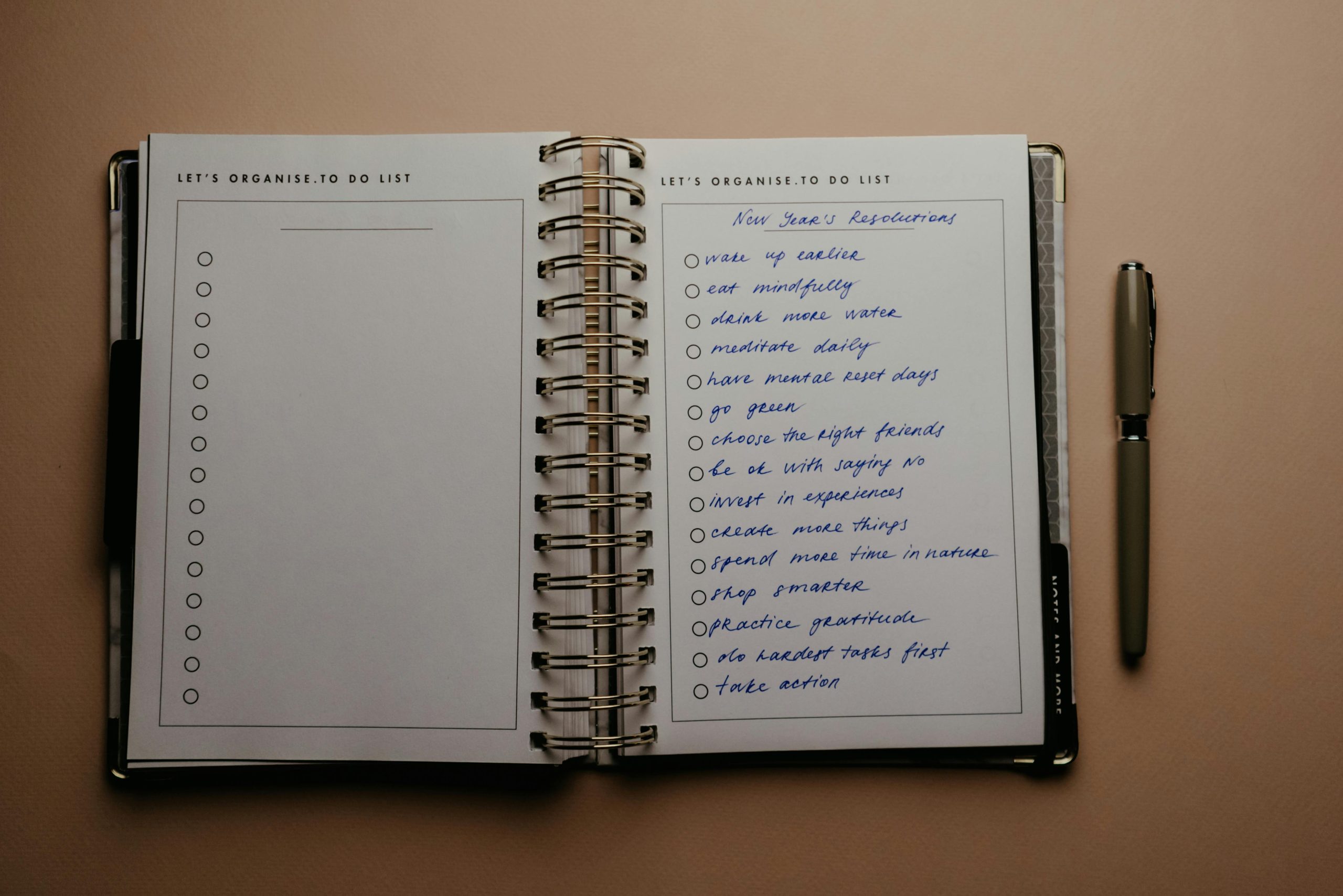Success isn’t just about setting goals—it’s about the daily habits that keep you moving forward. Whether you’re aiming for career growth, financial freedom, or personal development, self-discipline is the cornerstone of long-term achievement. Without it, even the most ambitious dreams can fade into wishful thinking. The good news? Self-discipline isn’t an innate trait; it’s a skill you can cultivate. By adopting powerful habits, you can train your mind to stay focused, overcome distractions, and make consistent progress. Here’s how to build the self-discipline needed to turn your long-term goals into reality.
1. Set Clear and Specific Goals
Without a clear destination, discipline has no direction. Vague goals like “get fit” or “save money” lack the specificity needed to drive action. Instead, define your objectives with precision:
- Be Specific: Instead of “exercise more,” aim for “work out for 30 minutes, 4 times a week.”
- Make It Measurable: Track progress with numbers—whether it’s weight loss, savings, or skill mastery.
- Set Deadlines: Assign realistic timelines to create urgency and accountability.
When your goals are well-defined, your brain recognizes the steps needed to achieve them, making it easier to stay disciplined.
2. Break Goals into Smaller, Manageable Tasks
Big goals can feel overwhelming, leading to procrastination. The key? Break them into bite-sized tasks. This approach, known as chunking, makes progress feel more achievable and keeps motivation high.
How to Apply Chunking:
- Identify Milestones: Divide your long-term goal into smaller milestones (e.g., monthly or quarterly targets).
- Create Daily or Weekly Tasks: Focus on what you can do today to move closer to your milestone.
- Celebrate Small Wins: Acknowledge progress to reinforce positive behavior.
For example, if your goal is to write a book, start with writing 500 words daily. Small, consistent efforts compound over time.
3. Develop a Consistent Routine
Self-discipline thrives on routine. When actions become habitual, they require less mental effort, reducing the temptation to skip them. Here’s how to build a disciplined routine:
- Prioritize High-Impact Tasks: Tackle the most important tasks first (the “eat the frog” method).
- Schedule Fixed Times: Dedicate specific time blocks for work, exercise, or learning.
- Eliminate Decision Fatigue: Reduce choices by planning your day in advance.
Consistency turns discipline into second nature. Over time, sticking to your routine becomes effortless.
4. Cultivate Mental Resilience
Self-discipline isn’t just about action—it’s about mindset. Distractions, setbacks, and fatigue will test your resolve. Strengthening mental resilience helps you push through challenges.
Strategies for Building Resilience:
- Practice Delayed Gratification: Train yourself to resist short-term temptations for long-term rewards.
- Reframe Challenges: View obstacles as opportunities to grow rather than reasons to quit.
- Use Visualization: Picture yourself achieving your goal to stay motivated.
Remember, discipline isn’t about perfection. It’s about persistence. When you stumble, refocus and keep going.
5. Hold Yourself Accountable
Accountability is a powerful motivator. Without it, it’s easy to let discipline slip. Here are ways to stay accountable:
- Track Progress: Use journals, apps, or spreadsheets to monitor your actions.
- Share Your Goals: Tell a friend or join a community with similar objectives.
- Set Consequences and Rewards: Penalize missed targets and reward achievements.
External accountability creates pressure to follow through, while self-tracking builds awareness of your habits.
Conclusion
Self-discipline is the bridge between goals and success. By setting clear objectives, breaking them into manageable steps, establishing routines, strengthening resilience, and holding yourself accountable, you create a framework for long-term achievement. Remember, discipline is a muscle—the more you use it, the stronger it becomes. Start small, stay consistent, and watch your efforts transform into lasting results. Your future self will thank you.
